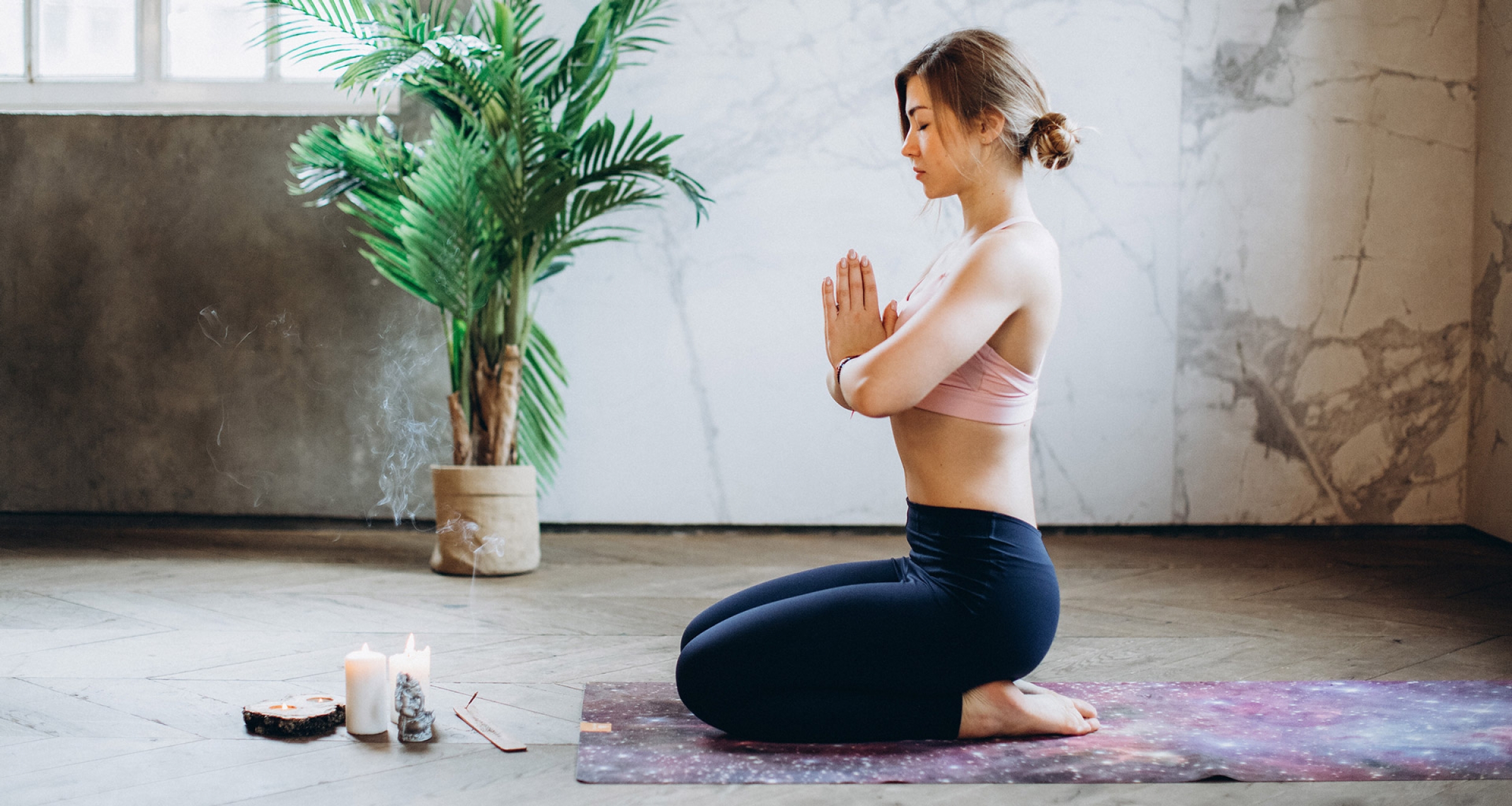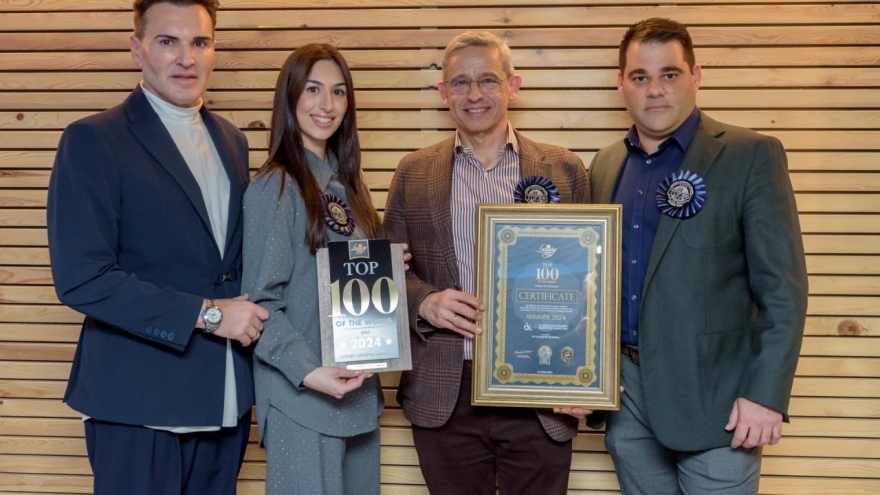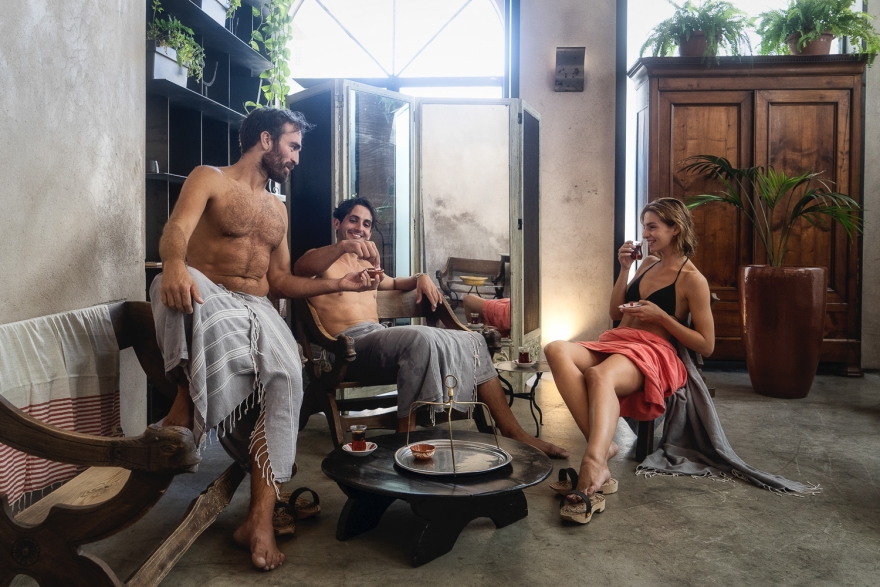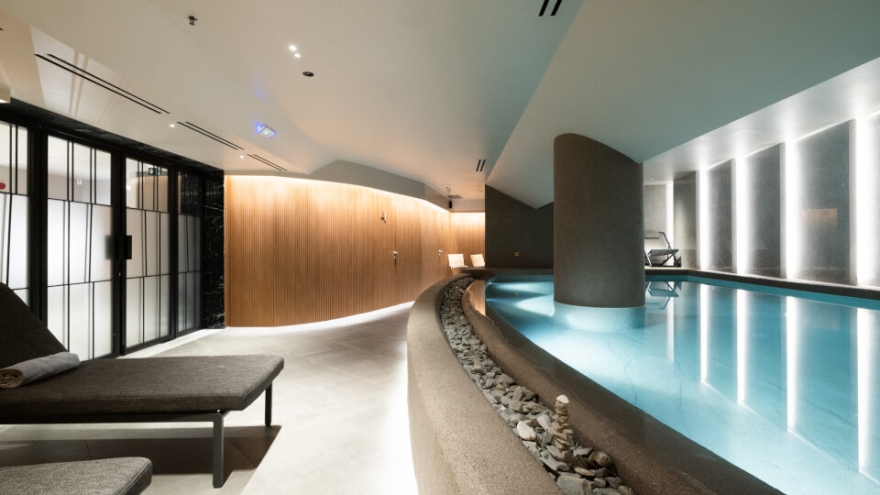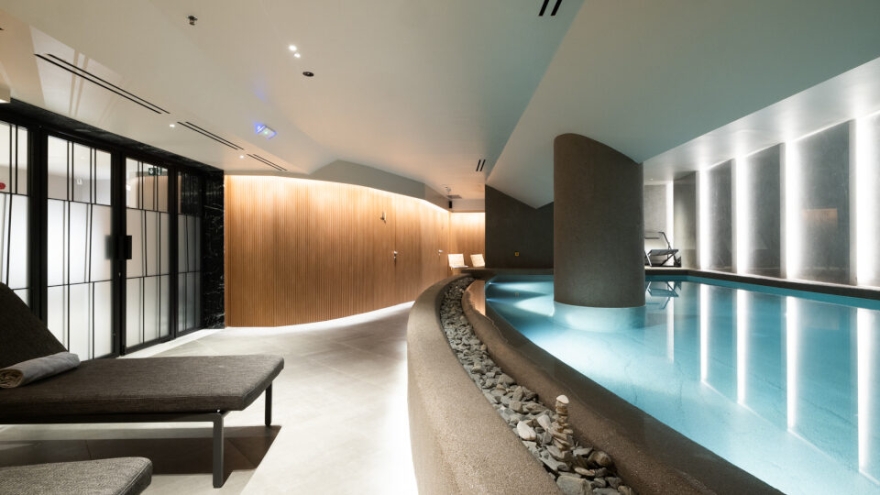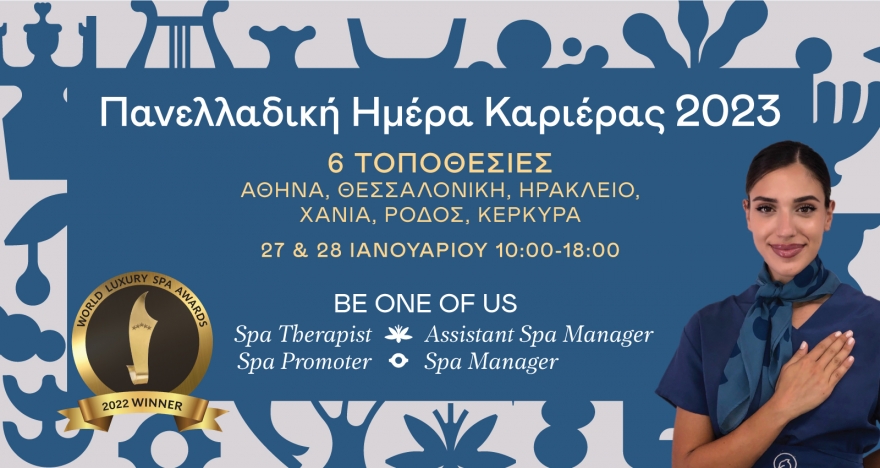What is wellness?
Wellness means something different to each one of us, and this is only natural and unsurprising. Wellness constitutes a holistic topic including six different dimensions:
- emotional
- professional
- physical
- social
- mental
- spiritual
Most attempts to define wellness have focused on the fact that it is something one must interact actively with. As Ms. Cooks-Campbell mentions in BetterUp, wellness is not only a state of being but a pursuit of health through short rituals in all these areas.
How has the outbreak of the COVID-19 pandemic impacted the wellness industry?
The wellness industry is undoubtedly amongst the most profitable sectors globally, worth over USD 4.5 trillion/year (Natfluence, 2021); however, this market was heavily impacted by the pandemic at different levels. All activities in enclosed organized spaces came to a halt for a long period of time, wellness centers were closed, and the way people exercise individually changed in form and frequency.
Human behavior and routines of choice were disrupted. The sudden rise in the number of professionals working from home from 20% to 70% automatically affected the everyday habits, sleeping and, therefore, psychology of people. Our homes became our classes, gyms, yoga studios and workspaces overnight. All these constitute a cycle through which we pursue consistency, satisfaction, and harmony and, in this case, consistency was required to follow new standards.
In this effort to adapt, a new wellness movement emerged. One born out of our need to focus on ourselves, rethink the importance of our health, and find creative ways to attain spiritual, mental, social, physical, and emotional wellbeing.
The new wellness trends that were born in 2021 reflect the different perspective of what we until recently defined as “the normal”, and they will follow us well into the new year.
The 8 new wellness trends that will prevail in 2022
1. Touchless spas
After the outbreak of the recent pandemic, the need emerged to create new wellness methods that do not require physical contact with the therapist. Dry hydrotherapy massage, touchless facials, relaxing capsules, and soundbaths are but a few of the new touchless spa services.
2. Virtual fitness
Virtual or online exercise in the form of short classes is becoming increasingly popular. Asynchronous or real-time instruction classes provide the possibility to follow a wide variety of exercise methods, from yoga and Pilates to spinning and mindfulness, offered by professionals located anywhere in the world.
3. Outdoor activities – exercising in nature
The transfer of our everyday activities to the indoor spaces of our homes has created the need to be in touch with nature. A new movement has emerged amongst both people of sports and those who followed a more sedentary lifestyle to exercise outdoors and in the parks of urban areas.
4. Mindful eating
Confinement at home meant we had easier access to food; as a result, there was a rising tendency in the average weight of the general population. Commitment to a balanced diet and mindful eating have become a new trend in our lives.
5. Breathwork
Focusing on a process that is so simple that individuals perform it unconsciously has the power to connect them to their inner self and help them concentrate on what is important. Studies in this field point towards a strong connection between mindfulness-breathwork and the reduction of chronic stress.
6. Meditation apps
Smartphones have made it possible to access and install meditation apps. Practicing awareness has become feasible and accessible through a vast array of features and options.
7. Adaptogens
The newest addition to the family of superfoods are adaptogens such as ashwagandha and rhodiola, known for relieving stress, balancing cortisol levels, strengthening the immune system, and improving resistance against the physical and emotional effects of stress.
8. Digital Healthcare
A new tendency to address and tackle health issues that do not require physical examination is the discussion with health professionals through virtual consultations. Specialists who seem to embrace the provision of virtual counselling services include personal tutors, nutritionists, physiotherapists, mental health professionals, trainers, and sleep specialists.
The pandemic has clearly led to the emergence of new trends in health and wellbeing which reflect long-lasting discussions and changes in society. These trends will follow us into the new year and will surely trigger a new definition of wellbeing for each one of us separately.
